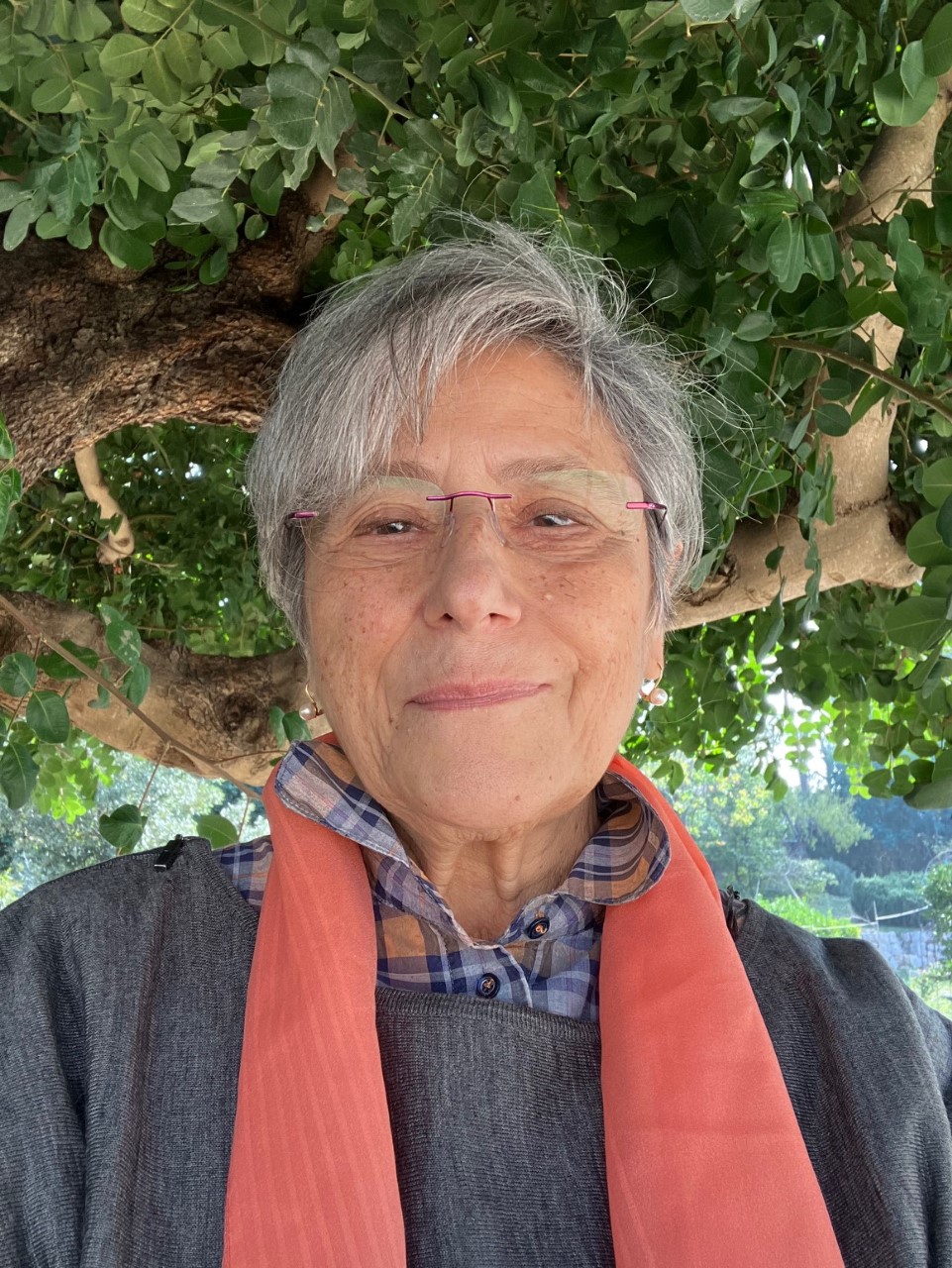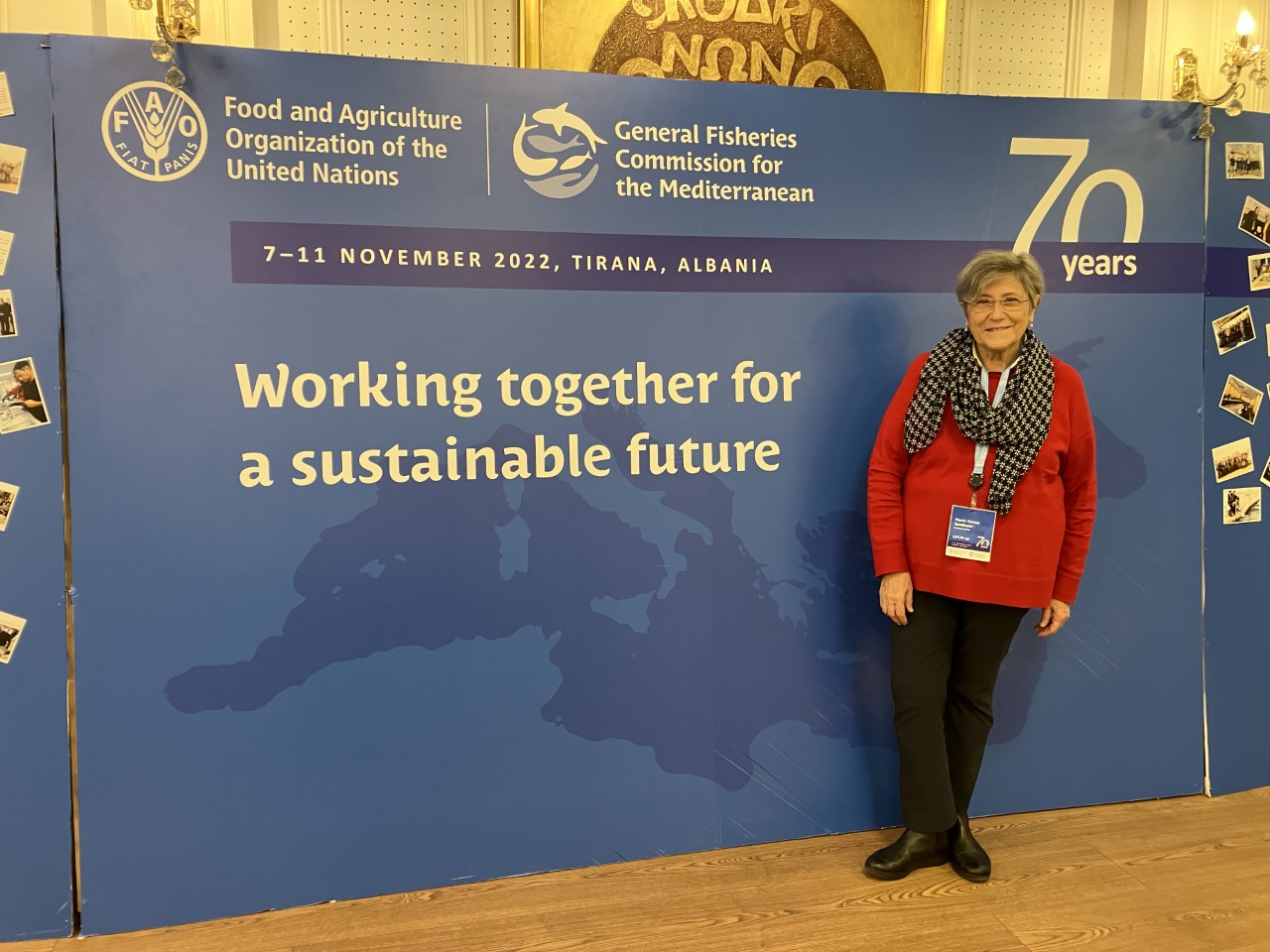SEAwise is led by a core team of partners who lead the programme’s work themes and regional case studies, and spearhead the fantastic work being done to encourage our SEAWise Network to get involved in all areas of our research. They bring their knowledge and experience of fisheries and marine ecosystems, not to mention their enthusiasm and passion, to make a real impact to the longevity of sustainable management systems. Collectively, they make up our Steering Committee.
We spoke with each of them to hear more about what drives them to work towards the implementation of EBFM, and find out what excites them most about their work within SEAwise!

How is EBFM important to you?
EBFM allows us to integrate the different components of the fishery system and the impacts that affect and are caused by the fisheries, thus framing the management measures in a more effective way towards a sustainable use of common goods. Pillars of the fisheries and ecosystem policy as the Common Fisheries Policy (CFP), the Marine Strategy Framework Directive (MSFD), the European Biodiversity Strategy and UN Sustainable Development Goals (SDGs) need insights and understanding of the interactions among the ecosystem and human activities. It is important that scientists contribute to this process in collaboration with all the stakeholders.
Which aspects of Ecosystem Based Fisheries Management interest you most, and why?
My focus is mainly on the Mediterranean and especially on understanding how this complex ecosystem can evolve under climate change scenarios. For example, how recruitment and growth of fish populations and structure of fish communities can be affected, but also which are the management strategies that may ensure healthy and resilient fisheries in the long term, less impacting the ecosystem and able to harvest fishery resources wisely, not deteriorating the social and economic systems of the local fisheries and communities.

How do you think your work in SEAwise will improve Ecosystem Based Fisheries Management?
SEAwise represents a great opportunity for advancing in EBFM, by fulfilling knowledge gaps on the ecological, economic and social components of the fisheries systems, using the scientific knowledge developed so far, advancing on statistical models to provide biological, social and economic interpretations of the fisheries system. The Mediterranean case study will focus on two key areas of the Adriatic-Ionian region to implement the new tools and approaches in a close collaboration with the stakeholders of the region, carefully evaluating management measures and exploring ways to balance the interests of small- and large-scale fisheries, a key aspect of this region.
Maria Teresa has a multidisciplinary background that includes expertise in scientific trawl survey at sea, fish and fisheries biology, fish communities, community indicators, population dynamics, fisheries management and stakeholder perspectives. Maria Teresa is currently involved in GFCM initiatives on Vulnerable Marine Ecosystems (VME). Within SEAwise, Maria Teresa leads the Mediterranean Case Study.
Our dynamic network of fisheries stakeholders is key to SEAwise’s work. We are actively seeking representatives from key management agencies, the fishing sector, NGOs and the scientific community to take part in workshops and other in-person or online knowledge-gathering activities. The shared insights and lived experiences of network members will support the development of a comprehensive understanding of the needs and priorities of a diverse range of fisheries stakeholders, and how to fulfil these.
Stay up to date with SEAwise news and research, hear about upcoming events, and receive updates on fisheries news from across the European seascape.